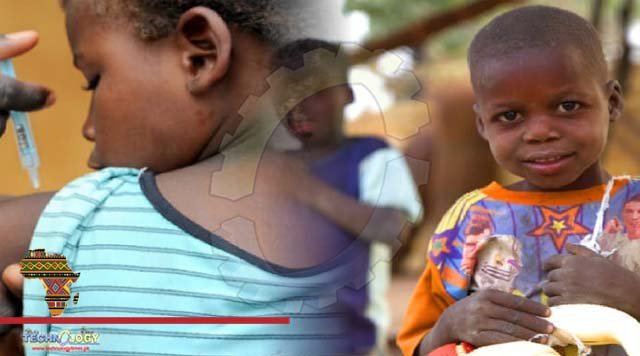At least 64% of children in Nigeria not immunised and did not receive all recommended vaccines in the last five years, a new report has shown.

The 2021 Multiple Indicator Cluster Survey (MICS) and National Immunisation Coverage Survey (NICS) shows that 46 per cent of children were partially vaccinated between 2016 and 2021. Speaking on the key findings of the survey at a media dialogue in Port Harcourt on Tuesday, UNICEF’s chief of Monitoring for Result (M4R), Claes Johanson, said although the country made progress in some sectors,64% of children in Nigeria not immunised, there is a significant gap in routine immunisation. r Johanson said 18 per cent of children in Nigeria have not received any of the recommended vaccine doses. He noted that only 36 per cent of children aged 12-23 months received all recommended vaccines in Nigeria between 2016 -2021. He said the smallest proportion of children who did not receive any vaccinations are found in Enugu at one per cent and Ebonyi at zero per cent, while the highest percentage is in Sokoto at 51 per cent. The MICS report provides data on child mortality, health, nutrition, education, child and social protection, women’s health care and empowerment, water, sanitation and hygiene, while NICS assesses vaccination coverage provided through the health systems.
The survey which was launched on August 16 was conducted by the National Bureau of Statistics (NBS) in collaboration with UNICEF. 64% of children in Nigeria not immunised, Routine immunisation, a process of receiving a vaccine which in turn provides immunity to a disease, is very important as under-five mortality rate is on the increase in Nigeria. Nigeria’s immunisation programme recognises the following for the routine immunisation of Children in Nigeria: BCG (Bacili Calmette Guerin), a vaccine against tuberculosis; OPV (Oral Polio Vaccine), a vaccine against poliomyelitis; DPT combination vaccine against diphtheria, pertussis, tetanus; Hepatitis vaccine for hepatitis A and B; Measles vaccine; Yellow fever vaccine and supplemental vitamin A. According to the Federal Ministry of Health, a child is only considered fully vaccinated when they have received the aforementioned on their appropriate schedule. Despite these existing immunisation programmes, the number of children that are not immunised in Nigeria continues to remain high in the country for a variety of demographic factors. The MICS pointed out that the benefits of vaccines can only be fully realised when children receive all recommended doses on time. The major causes of this low immunisation rate as listed by the report include fear of side reactions, lack of knowledge or information, service delivery issues, mistrust or fears, and distance to immunisation sites, among others.
Source: This news is originally published by premiumtimesng